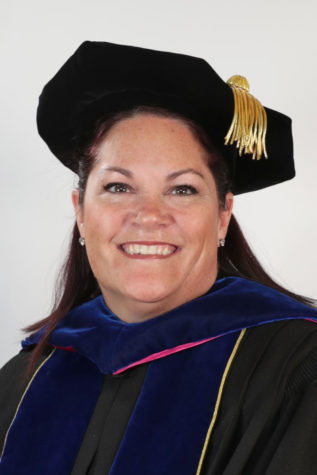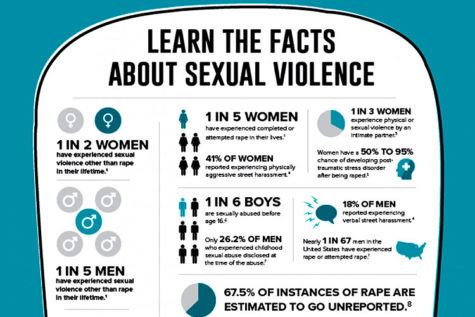Relationship Psyc. take on Yik Yak
November 4, 2015
As students enrolled in the class of Relationship Psychology, we have contemporary and research based insights into the world of relationships.
One of the learning objectives in the class is to develop communication skills about relationships. College aged students, more than ever, are faced with complicated environments in which they need to discover and negotiate the intricacies of relationships with little valid information on these topics.
Don’t worry, Relationship Psychology is here to help! Through the power of Yik Yak, an anonymous social media outlet, we have found that Mercyhurst students are facing many of the problems that we have been studying in class. Below, we have analyzed some of the more striking Yaks that we have seen over the past week, and give our input about what each Yakker should do from a scientific standpoint.
Yik Yak Post: Remaining abstinent until marriage… Opinions?
Sex for the first time is something that everybody has to deal with, whether you choose to wait until marriage or not. In general, having sex before turning 16 years old leads to more awkward and less rewarding situations than if you were to wait until after 20 years old. However, the average age of sexual debut is 17-years-old. In one sample collected at Mercyhurst, 26 percent of participants said they have not ever had sex.
Research in the United States shows that the average number of partners over the lifetime for men is about 6 and for women it is about 4. So, if you are a virgin, do not feel like you are the only one! Sex is something that you should take at your own pace and do on your own terms.
In the end, the decision is ultimately up to you. You should wait until you are ready and insist on your right to postpone a sexual relationship. Be sure to set your own pace and wait until trust, comfort, and open communication exist in your relationships before you decide to get into bed with someone.
Yik Yak Post: I just want to fall in love and live happily ever after. Is that too much to ask for?!
Romanticism is the view that love should be the most important basis for choosing a mate. Those high on romanticism believe that each of us has one “true” love, that true love will overcome any obstacle and that love is possible at first sight. People with beliefs in line with romanticism experience more love, satisfaction and commitment in the first few months of their relationships than others. However, do these beliefs (and relationships built on these beliefs) last?
Science would suggest that these beliefs erode as time goes by and that real relationships rarely meet such expectations. The belief that all you have to do to be happy in a relationship is to find the perfect partner is not advantageous. Basically, it is unrealistic. Instead of basing relationships on love and only love, studies show that that the happiest relationships over time are the result of hard work and dedication. Good relationships are believed to develop gradually as the partners work at surmounting challenges and overcoming obstacles. Instead of looking for true love, look for someone who is going to work hard with you to make a relationship work!







